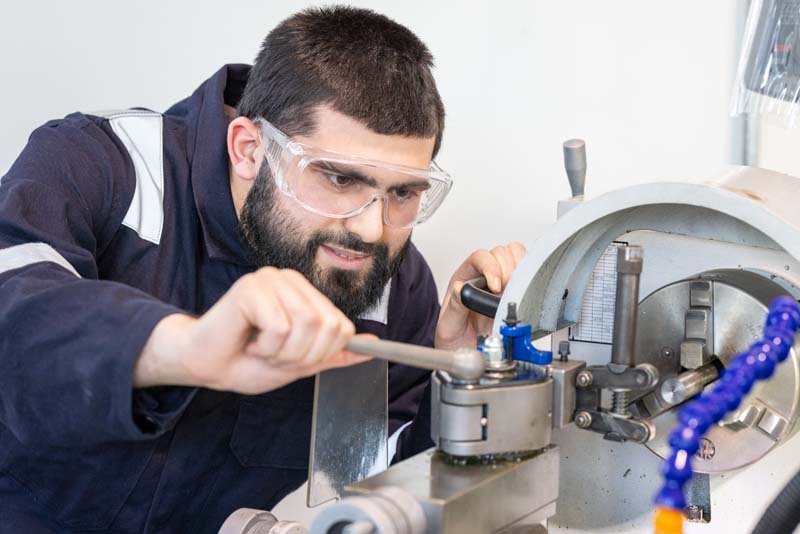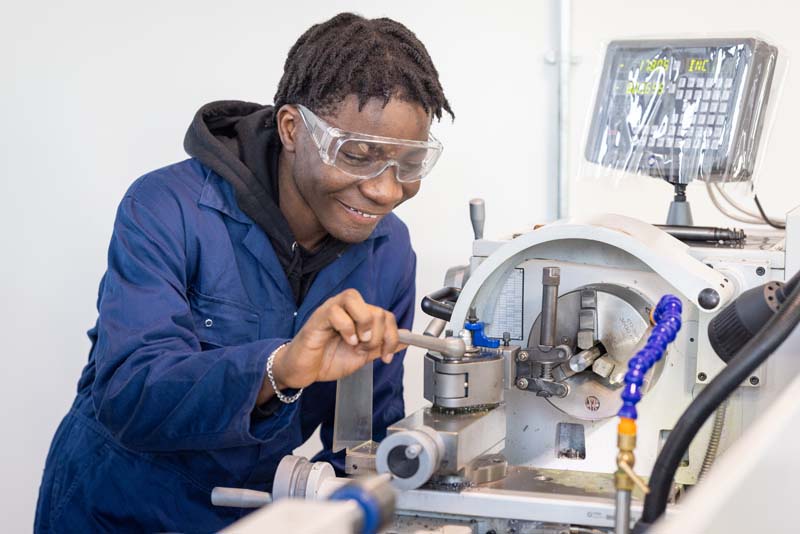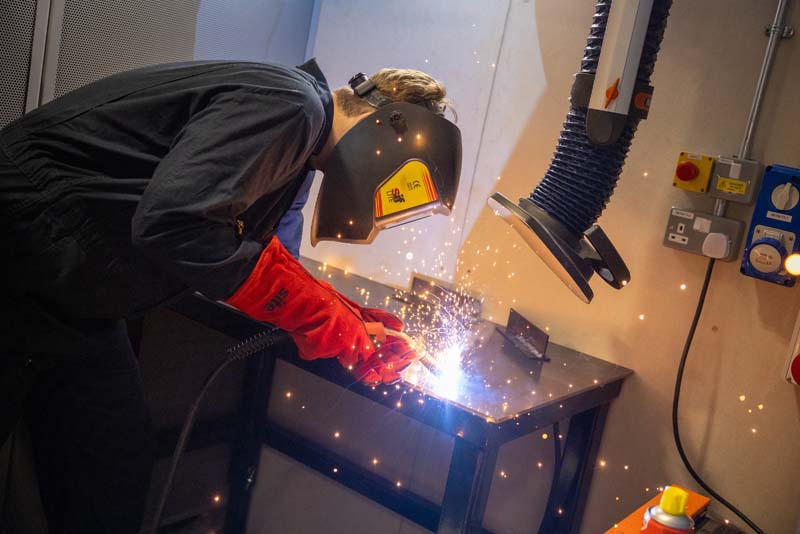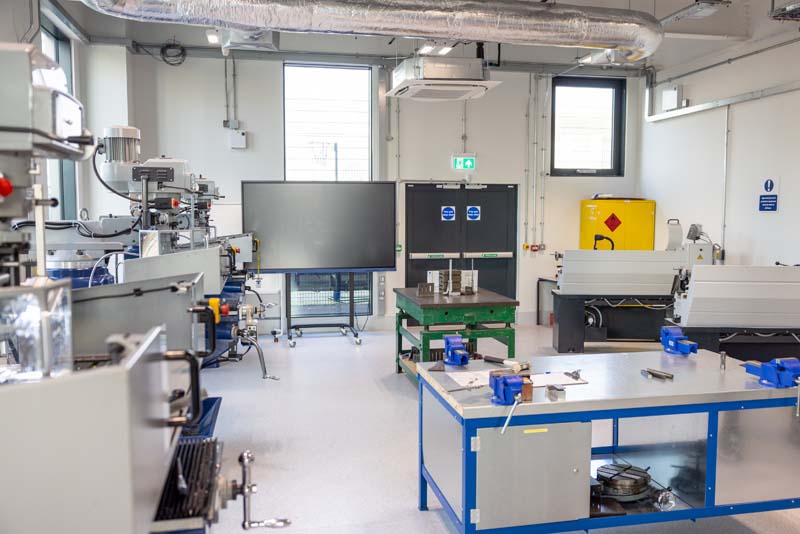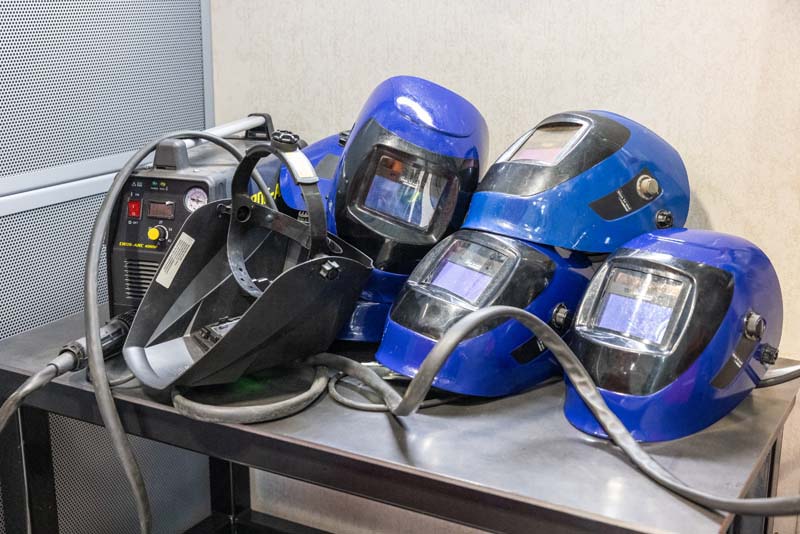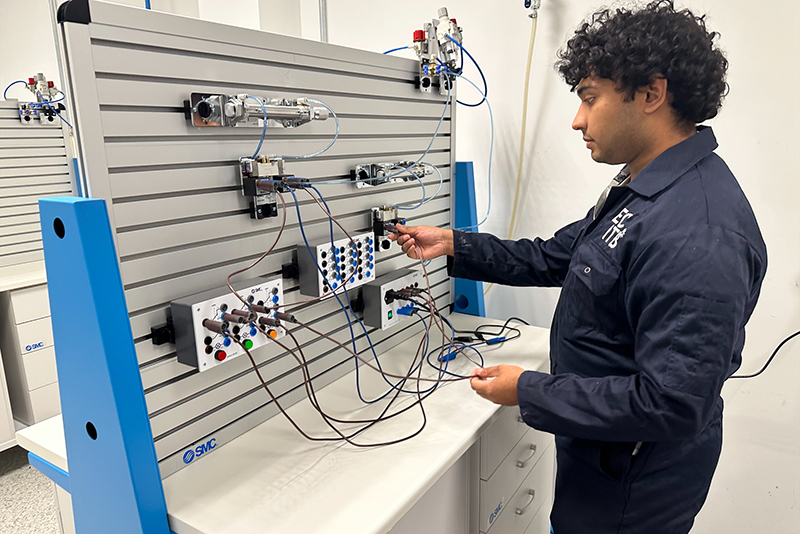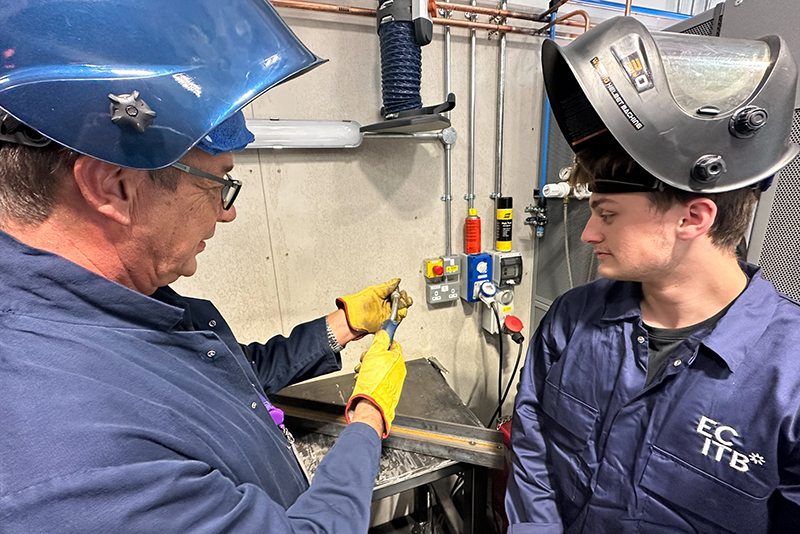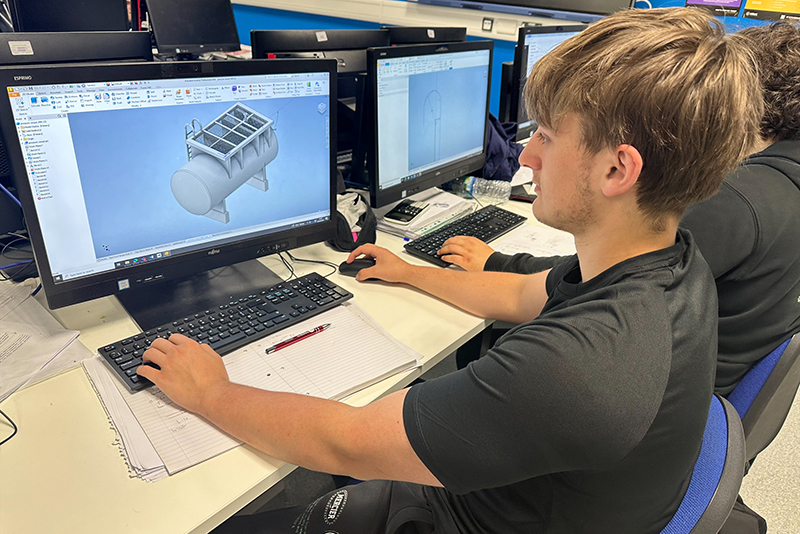Engineering
Demand for engineers is predicted to grow faster than other occupations and we are committed to helping you gain the skills and knowledge to secure a career in this industry.
With demand growing and a rise of vacancies for ‘green engineering’ roles in the UK, which has increased by more than half over the last five years according to a study by the Engineering Council, we can provide you with the right training to help you progress, from teachers who have worked in the industry.
Engineering is taught using a wide range of equipment and software to ensure the student is immersed in the technology which will become familiar when they move on into employment. We offer mechanical and electrical engineering and our students have a high success rate in progressing to university or an apprenticeship.
STEM Centre
Brand new Engineering workshops are now available as part of our new STEM Centre. You can find out more about our campus redevelopment plans here.

